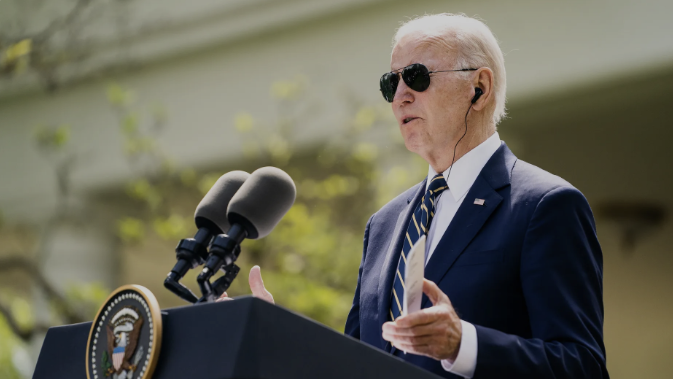The goal is for the company to manufacture “advanced chips that are made entirely on US soil.”
President Biden’s CHIPS Act funding continues to be allocated to semiconductor manufacturers. The White House has just revealed that the Taiwan Semiconductor Manufacturing Company (TSMC) will receive $6.6 billion in grants to establish three fabrication plants (or “fabs”) in the Phoenix, Arizona region. This funding comes in addition to approximately $5 billion in government loans.
As part of the agreement, TSMC has committed to increasing its planned investment in Arizona by an additional $25 billion, bringing the total investment to $65 billion. The company has already announced plans for two of the three factories in the state, with the third expected by 2030. According to the White House, this represents the largest foreign direct investment in Arizona’s history and is anticipated to create 6,000 high-wage tech jobs and 20,000 construction jobs in the state.
An important aspect of these factories is that they will enable TSMC to complete the entire chip-making process within the US, including advanced packaging. This involves not just enclosing the chip in a box with warranty information, but also arranging components and adding power, inputs, and outputs to build the final product. Currently, even components made in America are sent to Taiwan for packaging before being distributed worldwide for sale. These Arizona factories will ultimately eliminate this international shipping process.
Once all three factories are operational, they are expected to produce tens of millions of chips for use in smartphones, autonomous vehicles, and AI datacenter servers. Future Apple devices like iPhones and Macs will incorporate 4nm and 3nm chips manufactured at the Phoenix plants, thanks to a partnership with Apple. Although there have been some reported delays with the first two factories, the current plan is for the first fab to be fully operational by next year, followed by the second in 2028 and the third by 2030.
The White House believes that this investment, along with other CHIPS Act grants and loans, will position the US as a dominant force in global chip manufacturing. The federal government aims for the US to produce 20 percent of the world’s cutting-edge chips by 2030.
President Biden emphasized the importance of this initiative, stating, “America invented these chips, but over time, we went from producing nearly 40 percent of the world’s capacity to close to 10 percent, and none of the most advanced chips, exposing us to significant economic and national security vulnerabilities.”
A key objective of the CHIPS Act is to attract global chipmakers to establish operations in the US, and it appears to be succeeding. Last week, Samsung announced plans to double its investment in Texas to $44 billion, with ambitious expansion goals. Additionally, the multinational semiconductor company GlobalFoundries received a $1.5 billion grant to support the construction of a new fabrication facility in New York specializing in chips for automotive, aerospace, defense, and AI applications. Intel also secured the largest CHIPS grant to date, receiving up to $8.5 billion to further its US-based operations.
Credits: engadget.com

